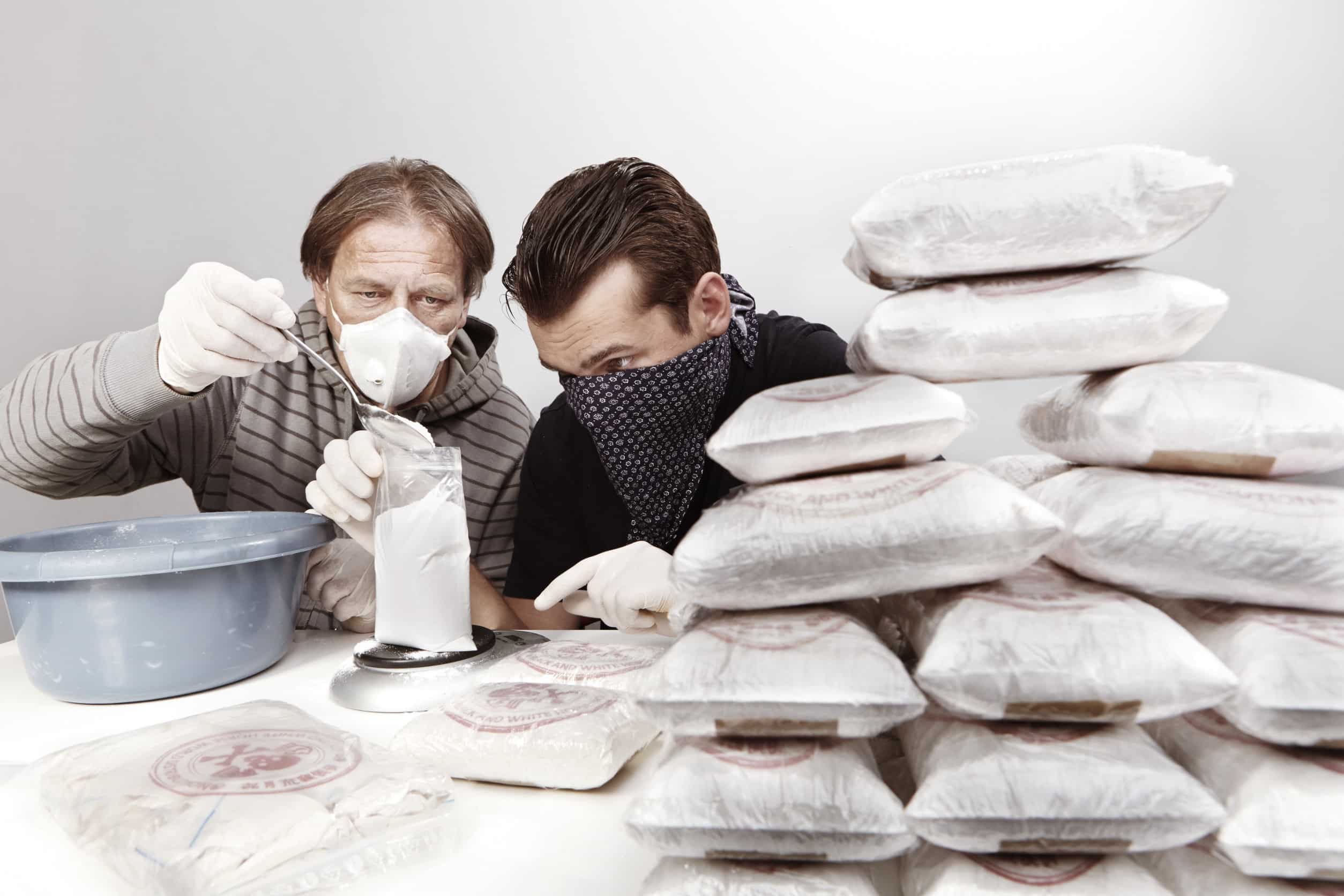The Injustice That Must Be Righted
For years in Harris County, Texas, indigent defendants were systematically denied personal recognizance bonds. As they were
Read More
Call 24/7 For A Free Consultation
In the state of Texas, drug crimes are taken very seriously. Harsh penalties can be anticipated for even the simplest cases of drug possession – and the consequences that can be faced for more serious drug crimes like drug trafficking can be even more significant.
If you or someone you love are facing drug trafficking charges in Texas, there’s much to understand about this crime. How does the state define drug trafficking, and what potential penalties can a person face if convicted? Read on to find out the answer to these questions and more.
Texas defines drug trafficking as the import, distribution, export, dispense, or manufacture of controlled substances that are illegal in the state. The laws surrounding this crime are codified in the health and safety codes in the state.
If you are arrested and charged with drug trafficking in Texas, it is up to the prosecuting authority to determine what state and federal penalties you can face. How much of the controlled substance was in your possession at the time of your arrest and the type of drug involved will inform the charges you can potentially face.
What factors can lead to a person being charged with drug trafficking? If any of these conditions exist at the time of your arrest, then you may be charged with drug trafficking:
Drug trafficking and distribution is a significant crime, so anyone charged with it should take it very seriously. Because of the unique position of Texas in the United States, more drugs are seized in this state than in many others. This is precisely why Texas views this crime as such a significant one and takes steps to penalize those found guilty to the fullest extent possible under the law.

Under Texas drug laws, there are four groups of drugs. The drugs are put into specific groups based on how addictive they are. The more addictive, the higher the penalty associated with the drug group.
Texas uses the following drug groups under the state’s health and safety code to define its trafficking laws:
Controlled substances found in group I include methamphetamine, oxycodone, marijuana, opioids, and cocaine.
The controlled substances in this group include ecstasy, amphetamine, and methaqualone.
You can find Valium, LSD, and Xanax in this group under Texas state law.
The substances in this group are typically mixtures or compounds that include controlled substances and other ingredients. They may or may not have a medical use but often include cough syrup with codeine.
As previously mentioned, what group the drug involved in your case will inform the penalty you receive if you are found guilty of drug trafficking in the state. In general, the penalties associated with each group include:
This group’s penalties differ depending on the controlled substance involved. For example, those who are found guilty of transferring, delivering, selling, or manufacturing cocaine can get up to two years in prison for possession of as little as one gram. If you have over 400 grams of cocaine in your possession, you can be sentenced to up to 99 years in prison and fined as much as $250,000.
For methamphetamine transfer, manufacture, sale, or delivery, possession of one to four grams can result in a prison sentence of up to 20 years, but possessing between 200 and 400 grams of meth can send a person to prison for up to 99 years if found guilty.
Finally, those found guilty of selling, manufacturing, delivering, or transferring marijuana in the amount of seven grams or less may only face six months behind bars and fines of $2,000. However, possession of up to five pounds of marijuana can send a person to prison for one year and fines of $4,000. If you are found selling or delivering marijuana to someone considered a minor under the law, you can go to prison for up to 20 years.
If you are found guilty of selling, delivering, transferring, or manufacturing controlled substances in this group in the amount of one gram or less, you can still face up to two years of imprisonment and fines of $10,000. If you have more than 400 grams in your possession, you can go to prison for as long as 99 years and pay $50,000 in fines.

For those who face charges for the delivery, sale, manufacture, or transfer of drugs in this group, you can go to prison for as little as two years or as much as 99, depending on the amount of the substance found in your possession. You can also be responsible for fines of as much as $50,000, depending on the circumstances surrounding your case.
Controlled substances in this group are similar to those for group III substances.
Drug trafficking is a serious crime, so consult with an experienced attorney if you facethis type of charge.

I speak only on Behalf of myself.
I do not speak on behalf of HCCLA or TCDLA
As lawyers, we all took an oath to support the Constitution
Our duty to support the Constitution has always been paramount.
In 2010, …
Forensic evidence can often play a significant role in determining a person’s guilt or innocence in criminal cases. However, forensic evidence is not infallible and can sometimes be challenged.
In Houston, years ago, the Houston Police Department came under critical …
Notifications